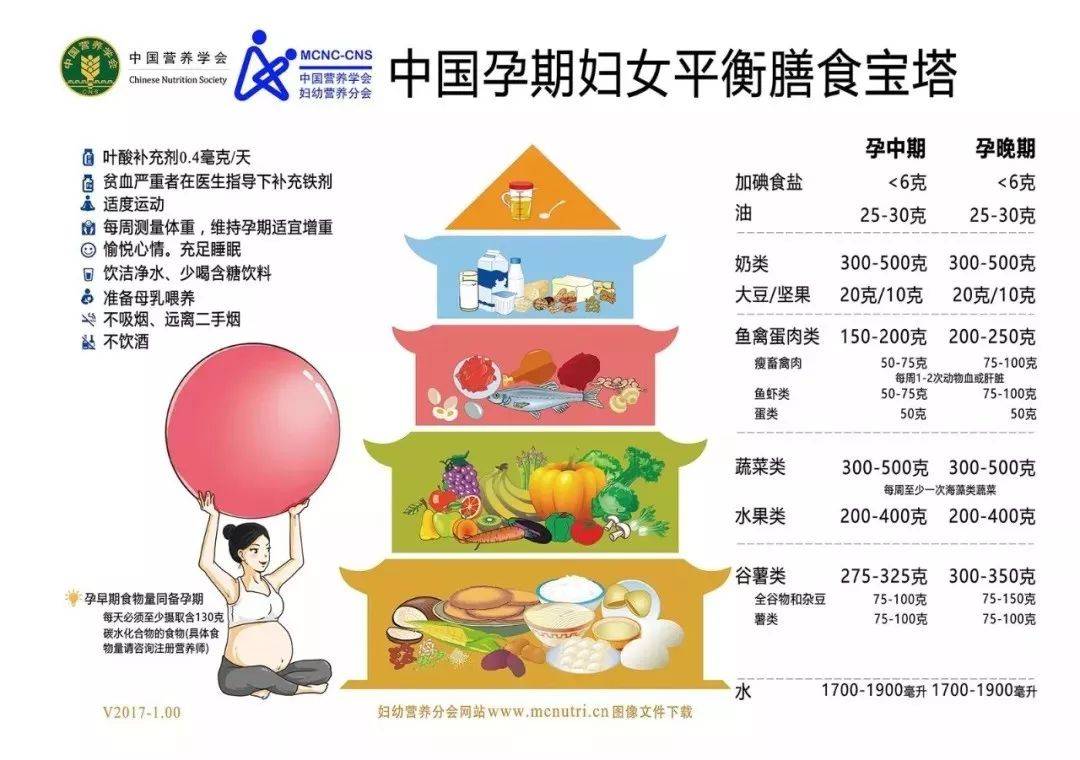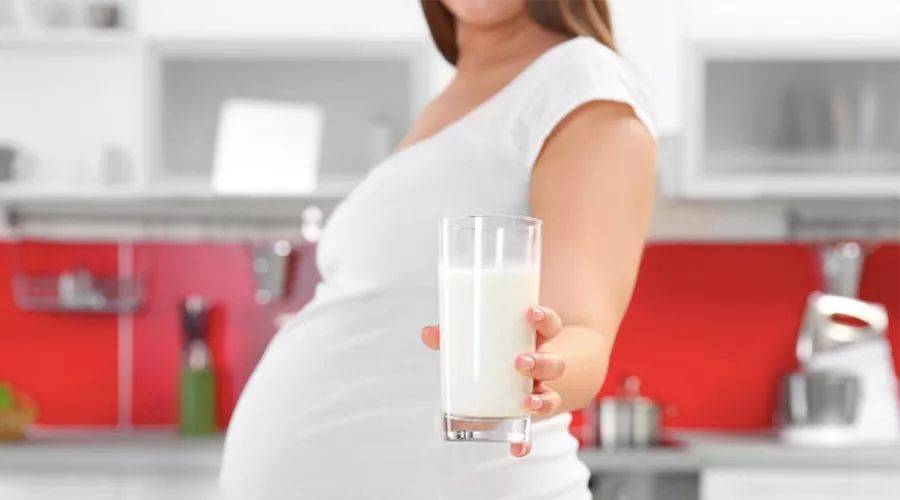Milk is a real national drink from childhood to adulthood. However, few people know that different groups and different periods pay different attention to drinking milk:
- Only after one year old can one drink milk. The demand for calcium during puberty has greatly increased, and one more cup of milk is drunk every day. For the elderly with three highs or obesity problems, it is recommended to choose low-fat milk.
Among them, pregnancy is the most important period for adults and children. Today we will talk about drinking milk during this critical period of nutrition that affects our whole life.
Do you want to drink during pregnancy?
Yes! And drink more!
The mother’s pregnancy is the initial stage of the baby’s early 1,000 days of life. At this time, the mother’s nutritional status is also the baby’s [first talent] and has a vital influence on both mother and child.
Starting from the second trimester of pregnancy (13 weeks of pregnancy), the growth and development of the baby gradually accelerate, and expectant mothers need to take in more energy and nutrition, especially protein, calcium, iron, folic acid and vitamin A.

According to the Chinese Dietary Bible-< < Dietary Guidelines for Chinese Residents > > Suggestions:
At this stage, pregnant mothers need to consume 1,000 mg of calcium every day, 200 mg more than ordinary adults. If calcium intake during pregnancy is insufficient, the fetus will instinctively absorb calcium from the mother’s body, which will easily lead to bone loss of pregnant mothers and increase the risk of osteoporosis.
Therefore, pregnant mothers must pay attention to eating more calcium-rich foods. National drink milk, with its rich high-quality protein and calcium content, considerable absorption rate, coupled with invincible cost performance, is really a trump card pregnancy food.
How much do you drink during pregnancy?
< < Guide > > Recommendations:
On the basis of balanced diet before pregnancy, starting from the second trimester of pregnancy, an additional 200 g of milk will be added every day, with a total amount of 500 g.
This is about the amount of a roof box of milk or half a plastic bottle of milk.
One cup in the morning and one cup in the evening, or as an extra meal, it is not difficult to drink milk during pregnancy.

Because the growth and development of the fetus in the first trimester of pregnancy are relatively slow, the pregnant mother does not need to eat extra meals deliberately at this stage, and it is good to keep the daily amount of 300 g of milk.
Do you want to choose skim milk
Worried about the baby’s insufficient nutrition, but also worried about their weight… Whether to choose skim milk with lower calories is also the struggle of many pregnant mothers.
But in fact, for the Chinese who do not drink milk as water, there is no need to struggle with the extra few grams of fat, and whole milk tastes more fragrant and nutrients retain more. However, if the weight gain during pregnancy is too fast or the blood sugar is too high, it is recommended to choose low-fat milk or skim milk.
Special attention should be paid not to eat milk and dairy products that have not been disinfected (e.g. Pasteurized, ultra-high temperature disinfected, etc.).

As long as you don’t drink raw milk, most of the milk sold in supermarkets is safe.
However, some imported supermarkets may use raw milk that has not been pasteurized as raw materials for soft cheese, so special attention should be paid to it.
Do you want to drink milk powder for pregnant women?
Under all kinds of advertising, this is probably the biggest confusion for pregnant mothers about dairy product choice.
In short, the problem [varies from person to person].
For most women with balanced nutrition during pregnancy, even during pregnancy, almost all important nutrients can be obtained from a balanced diet without deliberately taking health care products or supplements (except folic acid).
However, if the pregnant mother cannot meet the nutritional needs due to various reasons (such as severe vomiting during pregnancy and poor appetite), various nutritional supplements, such as milk powder for pregnant women, can be considered.
However, it should be noted that in order to optimize the taste of pregnant women’s milk powder on the market, they often add edible essence and sugar. On the one hand, pregnant women need to control the intake of additives, on the other hand, pregnancy will be sensitive to taste, so for most expectant mothers, it is still recommended to have a good meal and drink pure natural, no additives and pure pasteurized milk with pure taste.
If you need to choose milk powder for pregnant women, you should also pay attention to the ingredient list on the package when purchasing.
Do you want to continue drinking after delivery?
Some people may ask, is it possible not to drink milk without breast-feeding after delivery?
In fact, whether it is breast-feeding or not, it is recommended to continue drinking milk.
Most mothers will breast-feed for a period of time. After delivery, they should not only recover their bodies, but also breast-feed their babies. They need more nutrition than usual. In short, they need more iron, calcium and protein through diet.

High-quality protein intake is the premise to ensure the quality of baby rations (milk), and nursing mothers will consume some calcium by secreting milk every day. Therefore, < < Guidelines > > also suggest nursing mothers to continue to maintain 500 g of milk per day to ensure the body’s demand for protein and calcium.
If you don’t breastfeed, it is recommended to drink 300 g a day.
In addition, drinking more liquid foods such as milk and soup can also help milk secretion.
The amount of water the mother takes in every day is closely related to the amount of milk secreted. The so-called [lactagogue soup] is actually because it contains a lot of water.
